Brazil: Rio security chief stands down amid violence surge
- Published
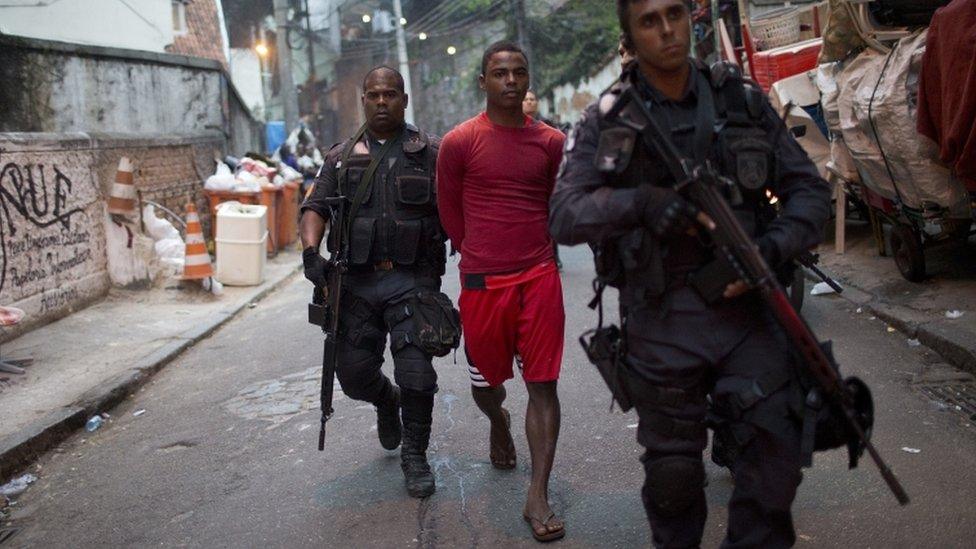
Police said they arrested many suspected drug gang members in the Pavao-Pavaozinho shantytown
The head of security for the Brazilian state of Rio de Janeiro has resigned after nearly ten years in post following a recent rise in violence.
Jose Beltrame stood down a day after a high profile clash between police and suspected drug dealers in some of the city's best known neighbourhoods.
The shootout caused panic and forced shops to closed their doors on Monday.
Police say three men were killed and several arrested in the raid on the Pavao-Pavaozinho shantytown.
Dramatic footage posted online shows one of the suspected criminals falling off a mountain after being shot by police.
Pavao-Pavaozinho is built on the hills and granite mountains that divide the Copacabana, Ipanema and Lagoa neighbourhoods.
Mr Beltrame led a controversial programme that saw the occupation of dozens of Rio's favelas by police.
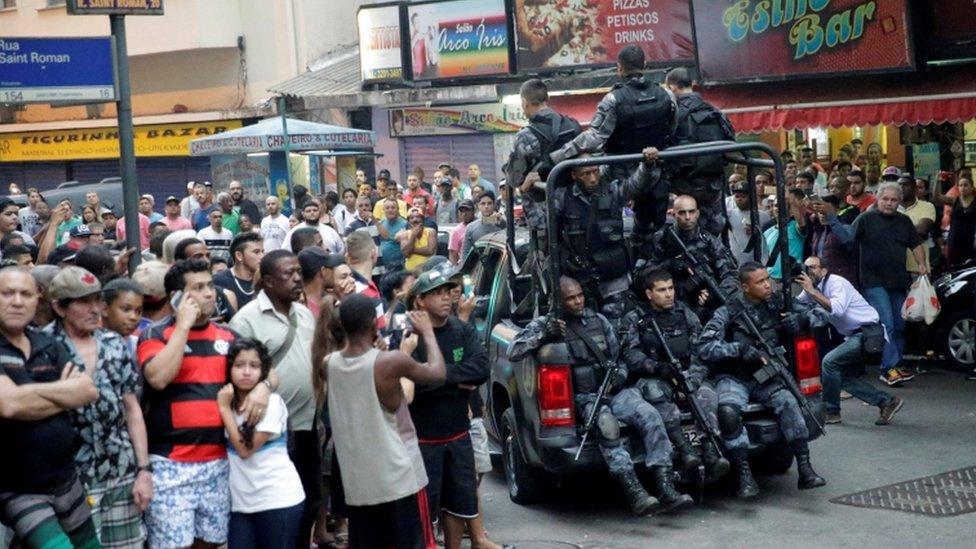
Shops in parts of Copacabana and Ipanema remained closed on Monday and Tuesday
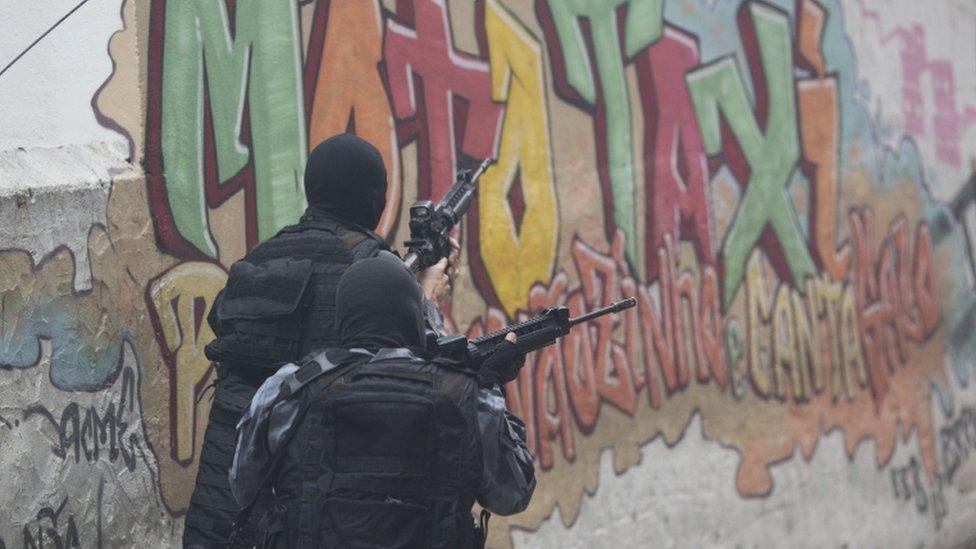
One police officer was injured in the shootout, which went on for many hours on Monday
Residents initially welcomed the "pacification plan," and celebrated the arrest or escape of drug lords who controlled life in their communities.
But many eventually turned against the programme after accusing police of abusing their powers.
More than 260 favelas have been occupied since the programme was launched in 2010.
Rio's pacification programme was aimed at improving security and the rule of law in the run-up to Brazil's hosting of the football World Cup in 2014 and Rio's staging of the Olympics and Paralympics , which took place in August and September.
Rio residents say security has declined sharply since the end of the Games.
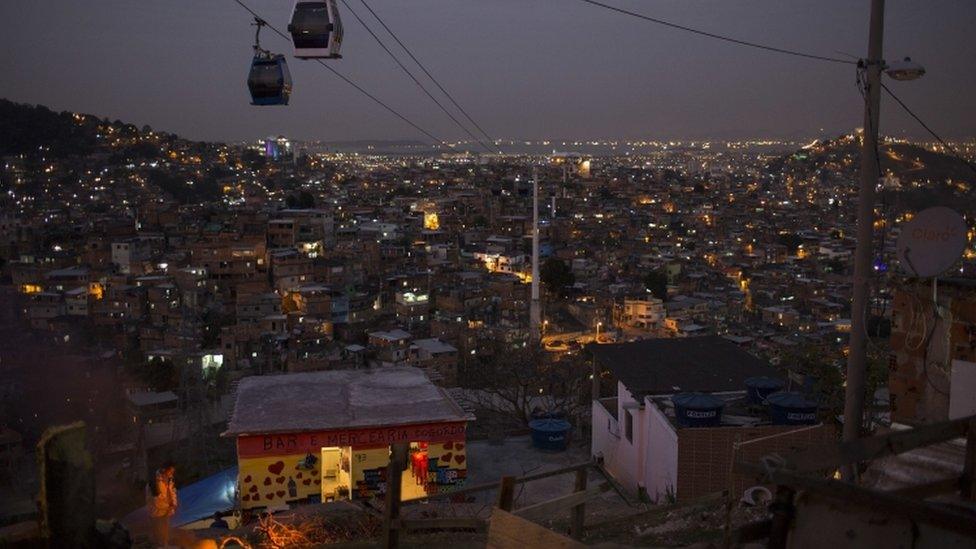
Nearly 20% of the population in Rio live in one of the city's more than 800 favelas
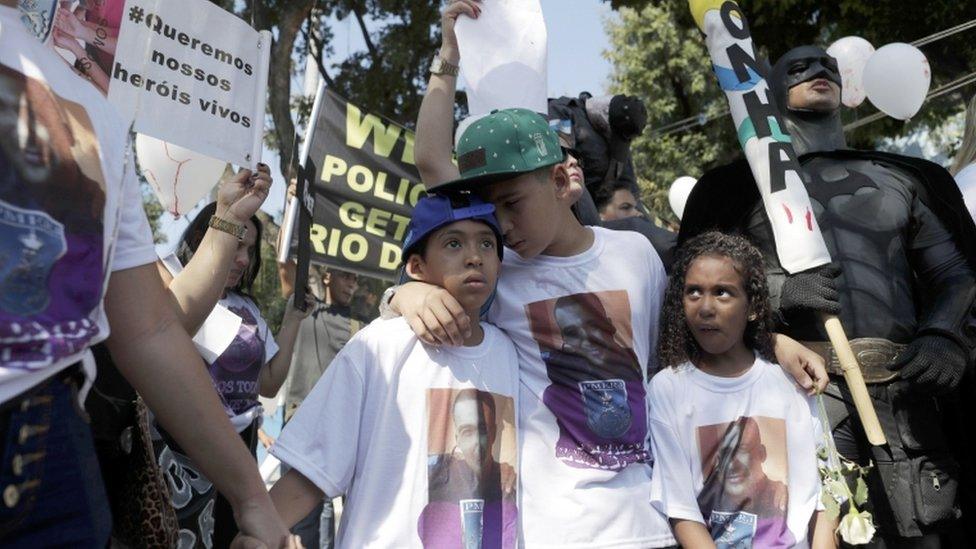
Relatives of policemen killed in action took part in protests in Rio ahead of the Olympics
Mr Beltrame said the first phase of his "pacification programme" was to restore law and order in the city's poorest communities.
But he complained that there was no money for the second phase of the programme, which consisted of social improvements for residents, with the construction of schools and leisure facilities.
Brazil is facing a serious economic and political crisis and the state of Rio de Janeiro has been particularly hit by the downturn.
- Published19 September 2016
- Published5 July 2016
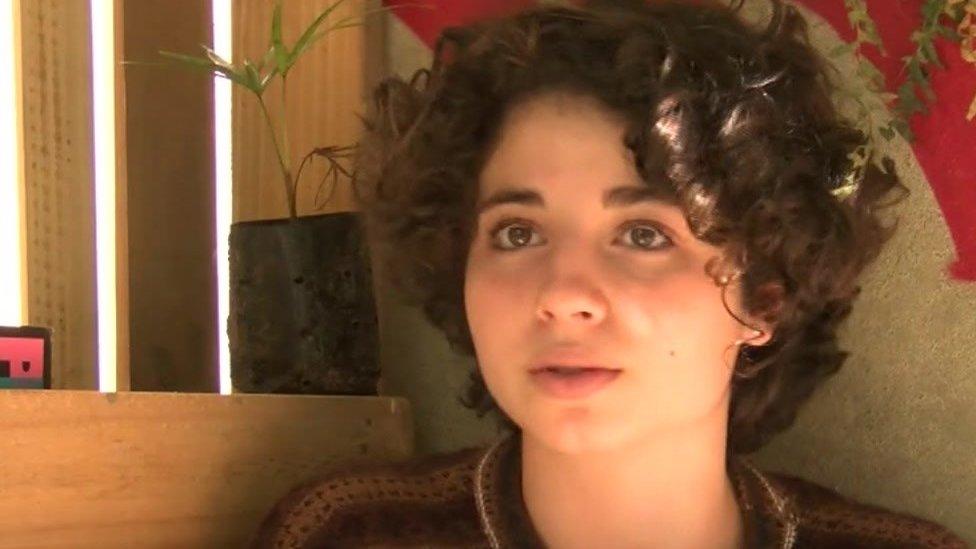
- Published30 September 2015
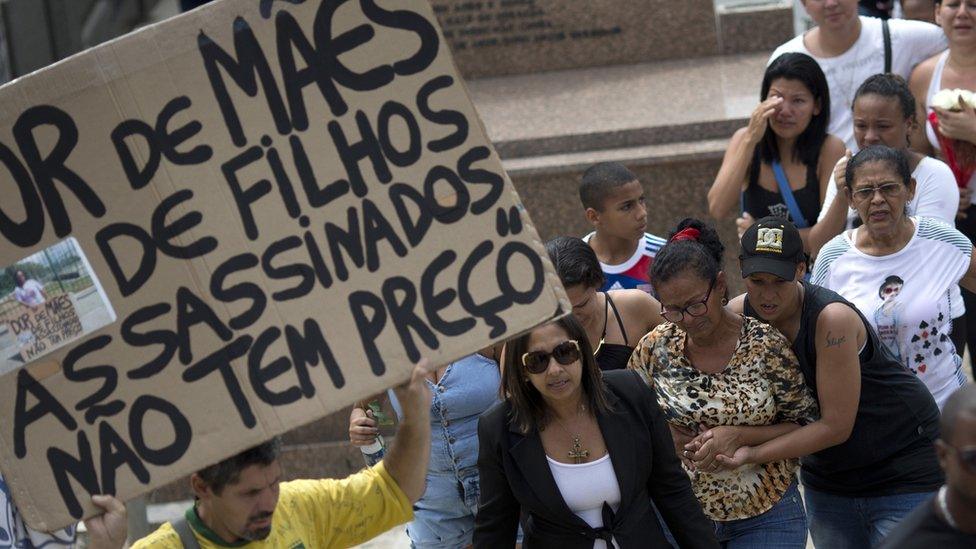
- Published26 November 2010
